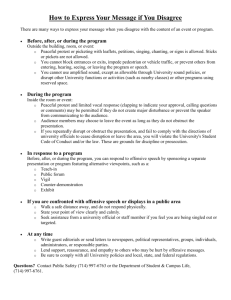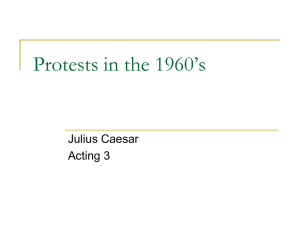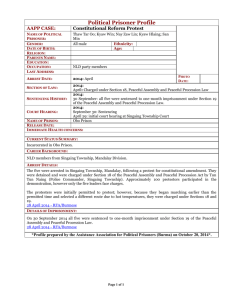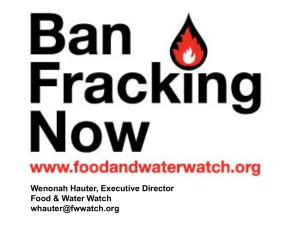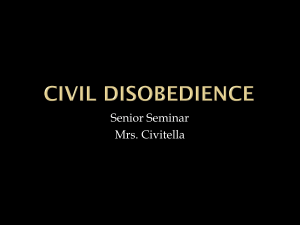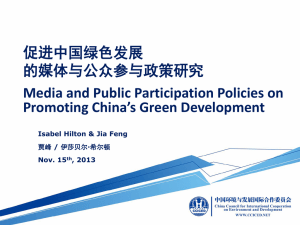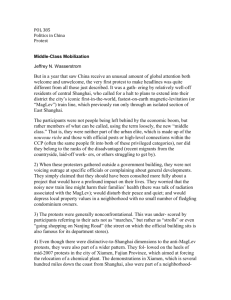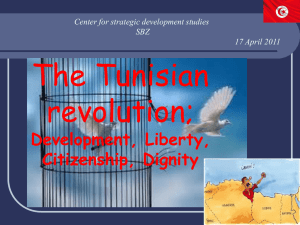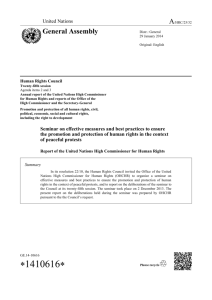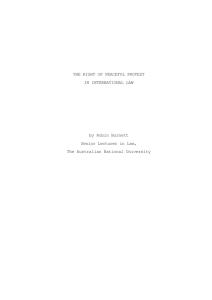The promotion and protection of human rights in the
advertisement
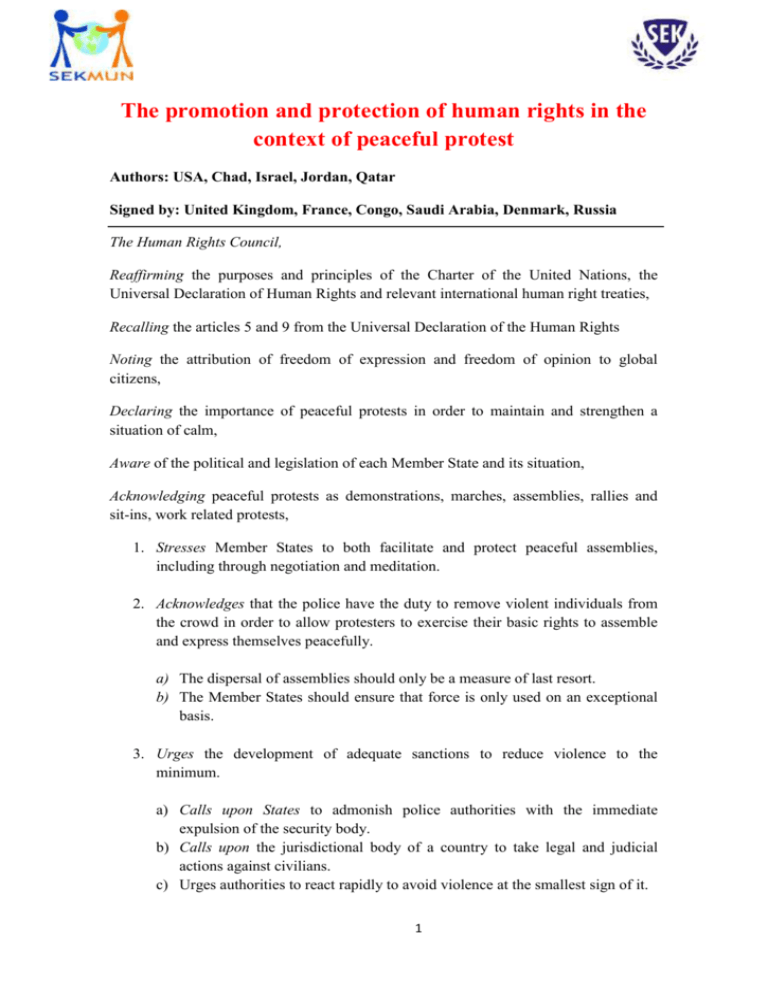
The promotion and protection of human rights in the context of peaceful protest Authors: USA, Chad, Israel, Jordan, Qatar Signed by: United Kingdom, France, Congo, Saudi Arabia, Denmark, Russia The Human Rights Council, Reaffirming the purposes and principles of the Charter of the United Nations, the Universal Declaration of Human Rights and relevant international human right treaties, Recalling the articles 5 and 9 from the Universal Declaration of the Human Rights Noting the attribution of freedom of expression and freedom of opinion to global citizens, Declaring the importance of peaceful protests in order to maintain and strengthen a situation of calm, Aware of the political and legislation of each Member State and its situation, Acknowledging peaceful protests as demonstrations, marches, assemblies, rallies and sit-ins, work related protests, 1. Stresses Member States to both facilitate and protect peaceful assemblies, including through negotiation and meditation. 2. Acknowledges that the police have the duty to remove violent individuals from the crowd in order to allow protesters to exercise their basic rights to assemble and express themselves peacefully. a) The dispersal of assemblies should only be a measure of last resort. b) The Member States should ensure that force is only used on an exceptional basis. 3. Urges the development of adequate sanctions to reduce violence to the minimum. a) Calls upon States to admonish police authorities with the immediate expulsion of the security body. b) Calls upon the jurisdictional body of a country to take legal and judicial actions against civilians. c) Urges authorities to react rapidly to avoid violence at the smallest sign of it. 1 4. Calls upon States to implant a certain number of observers during peaceful protest in order to avoid the rise of violence within the protest and if this occurs the observers will check and take note of the civilians who began to disturb. 5. Urges the States to ensure prompt medical care for any person injured during a peaceful protest. a) Insurance of a fair compensation to victims who have suffered of an inadequate trait during peaceful assembling and protest. 6. Encourages the so-called “safety-triangle” during demonstrations, based on continuous communication and interaction between the organizers of the protest, the local or State authorities and the police, aimed at averting risks and ensuring smooth management of the assembly. 7. Acknowledges that prior notification or authorization is only required if the organizers intend to use public roads or public areas a) Notification must include the name, purpose, place and date of the event, the approximate number of participants, and if a street march is held, its proposed route, including starting place, distance and destination, as well as the name and contact information of the organizers. b) Spontaneous demonstrations or protests do not require written notification, but can be restricted or stopped. 8. Recognizes that peaceful protests should be allowed to be held with maximum publicity. a) A country must not have the right to restrict mass media in terms of calling out for more support from the rest of the people. 9. Encourages the need of peaceful protest being restricted if they take place in public areas or on public roads that are used intensively. 10. Emphasizes that persons under 18 years of age must receive particular protection against violence in the context of peaceful protest. 11. Further encourages all Member States to establish fair and transparent accountability mechanisms for security forces who have engaged in the excessive use of force against peaceful protesters. 12. Calls upon the impartiality of the jurisdictional court in terms of dictating a fair judgment against the prosecuted person. 2 13. Further encourages all Member States to establish fair and transparent accountability mechanisms for security forces who have engaged in the excessive use of force against peaceful protesters. 14. Calls upon the impartiality of the jurisdictional court in terms of dictating a fair judgement against the prosecuted person. 15. Encourages all States to explore ways of avoiding force wherever possible Turing peaceful protest and here force is absolutely necessary to restrict the use of that force to the minimum absolutely necessary. 16. Supports governments of countries of origin, transit and destination to increase cooperation on issues related to promotion and protection of Human Rights in the context of peaceful protests without depending on religion, gender, culture and language. 17. Encourages the training of public safety officers for extreme cases of protests. a) Urges Member States to promote a better training of security guards in order to avoid all the radical violence and to raise awareness of this issue within security systems of a country. 18. Further recommends education upon citizens to well-educate them in regards towards peaceful protests. a) Further reminds this shall be done through seminars and campaigns and organized nationally by each Member State. 19. Asks for funding from the UN to finance these activities, taking into account: a) That if the total amount of money wasn’t enough, further funding from the World Bank would be required. 20. Encourages the increase of more police forces in the case of appearance of buy kind of extremist groups. 21. Support developing or tolerant countries to explore the implications of promotions and protection of human rights in the context of peaceful protest. Furthermore countries should ensure their national legislation takes into account the clauses included in this resolution 22. Recognizes freedom of speech in all aspects including political views differing from current governments decisions or orientation, respecting individual religious and monarchical policies of the country. 3 23. Further recalls Member States to strengthen the barriers of the area where the protest is taking place. 24. Calls upon all the delegations to implant a certain number of observers during a peaceful protest in order to avoid the rise of violence within the protest and if this occurs the observers will check the civilians who began to disturb. 25. Recommends that people under eighteen years old should not be allowed to attend peaceful protests unless they are of commemorative nature. 4
